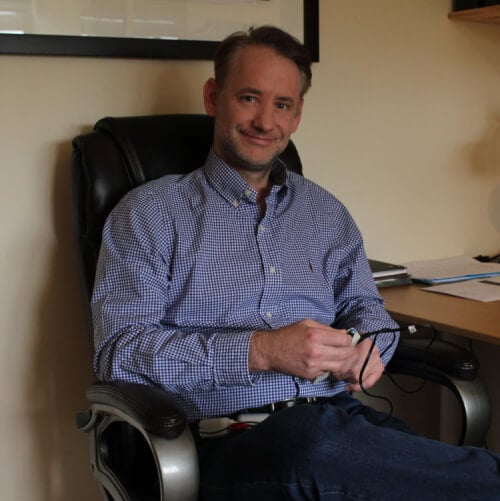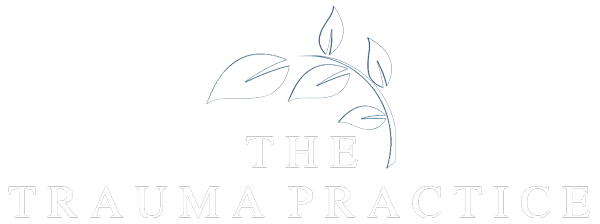Addiction Counselling Hertfordshire
Addiction counselling is one of the steps you can take to start to address your addiction difficulties. When we give time and space to a problem it is usually not as scary as we might have thought. Addiction counselling is one of the approaches we use to help people with addiction.

What Is An Addiction?
An addiction is when you have a strong physical or psychological need or urge to carry out a behaviour or use a substance even though the behaviour or substance might cause you or other people harm. Harm might be defined as psychological problems, physical damage or money problems.
Types Of Addiction
Examples of addiction might include:
Substance addictions - drugs, alcohol, nicotine.
People addictions - love, sex, co dependency.
Activity addictions - gambling, hobbies, exercise, work.
Thought addictions -obsessional thinking, worrying, fantasy.
Feeling addictions - guilt, hate, rage, anger.


What Causes Addiction?
Addiction difficulties are caused by an underlying difficulty which causes a feeling of unease or disconent, feeling ungrounded, traumatised or lack of fulfillment. Difficulties which can cause these feelings include: physical, emotional and sexual abuse, trauma, shame, wounding and division within an individual.


Counsellor & Psychotherapist
Matthew Alderton - MA, BSc, Dip, Dip Psych. I trained at The Centre for Counselling and Psychotherapy Education in London to become a counsellor and psychotherapist. I am also an EMDR practitioner.
Addiction problems are symptoms of an underlying difficulty. Addiction counselling and a psychotherapeutic approach can help you to ressolve these underlying difficulties. This makes practical changes to help manage addiction easier. I use counselling, psychotherapy, EMDR and body psychotherapy to help with difficulties related to addiction. I am advocate of fellowship and the 12 step programme.
I am approachable and down to earth helping you to feel safe whilst using trauma informed therapy.
Addiction Counselling Approaches
Addiction Therapy Benefits
Root
When you get to the root cause of an addiction managing it becomes easier and normal life can resume.
One day at a time
Learn to treat each day as it comes. Take one step at a time without feeling overwhelmed by your addiction difficulties.
Connect
Connect with yourself on a psychological, physical and spiritual level.
Health
Find healthy ways to manage difficulty and process your triggers to make addiction easier to manage.
Life
Learn to accept life on life's terms without needing to use an addiction as a crutch for support.
Happiness
Feel happier because you are making changes and doing something positive for yourself.

Addiction Counselling Hertfordshire FAQ's
How long does addiction therapy last?
Addiction counselling is usually twelve weeks of therapy. This enables you to get the support you need in early abstinence. If you are looking to do some more self development therapy might last longer.
What happens in an addiction counselling session?
Addiction counselling is a talking therapy to help support you through the early stages of abstinence and work through the root cause of your addiction. We dicuss the difficulties you have in relation to living a life in active addiction and provide practical help for you to manage this during early abstinance.
Will I have to manage my addiction forever?
Everyone is different. Some people work a programme on a daily basis to keep themselves safe. For some people addiction difficulties recede into the background and do not play a major role in their lives.
Client's Experience Of Addiction Counselling
Addiction Therapy Hertfordshire
Cuffley, Potters Bar, Hertfordshire, EN6
My home based practice is located in leafy green Hertfordshire. A five miniutes walk from Cuffley train station and located ten minutes by car from junction 24 and 25 of the M25.
Cuffley is ideally located to help clients in Hertford, Potters Bar, Stevevenage, Baldock, Enfield, Hoddesdon, Cheshunt, Broxbourne, St Albans and Barnet.

Contact us
The best way of reaching us is via our contact form at the below link. We look forward to receiving your therapy request.

